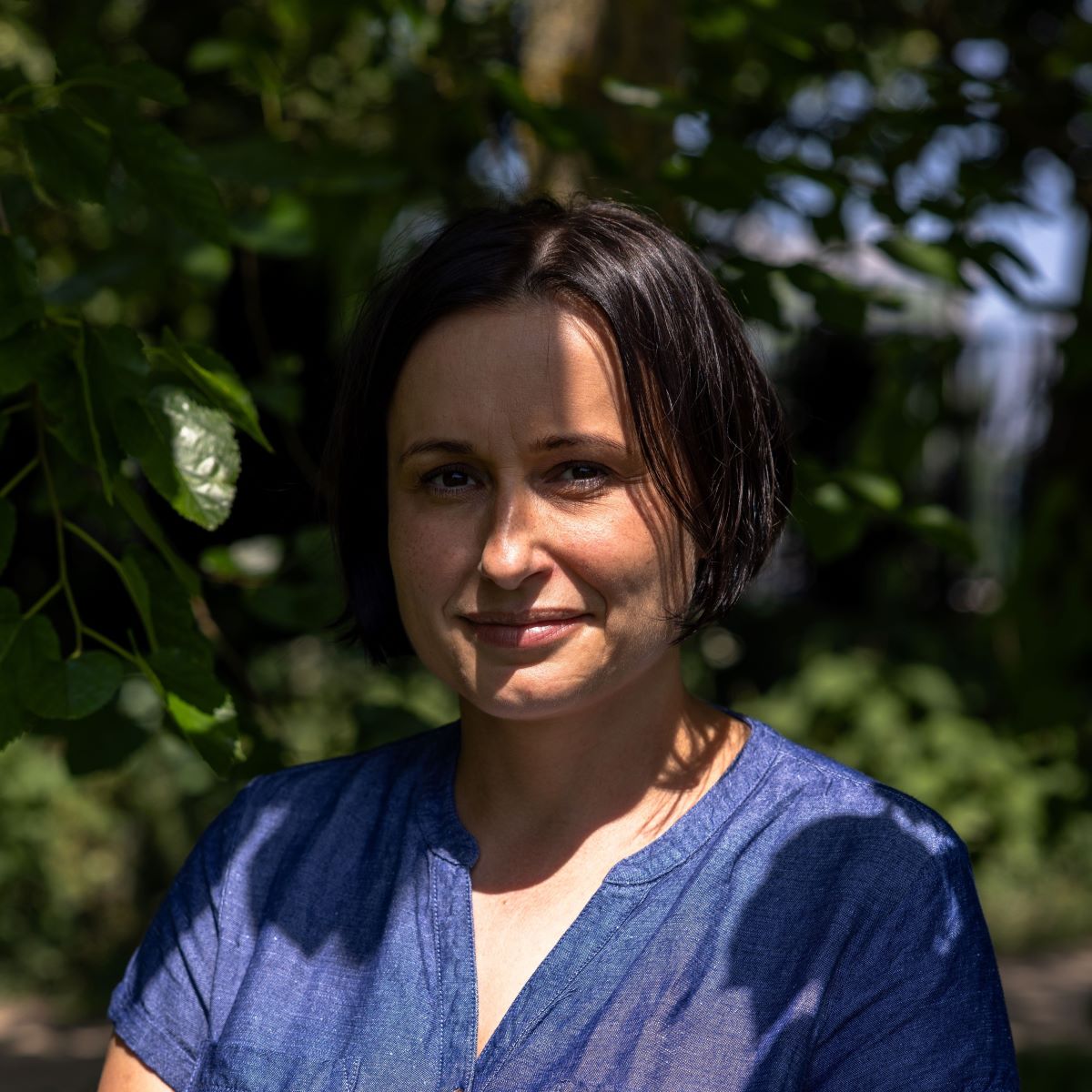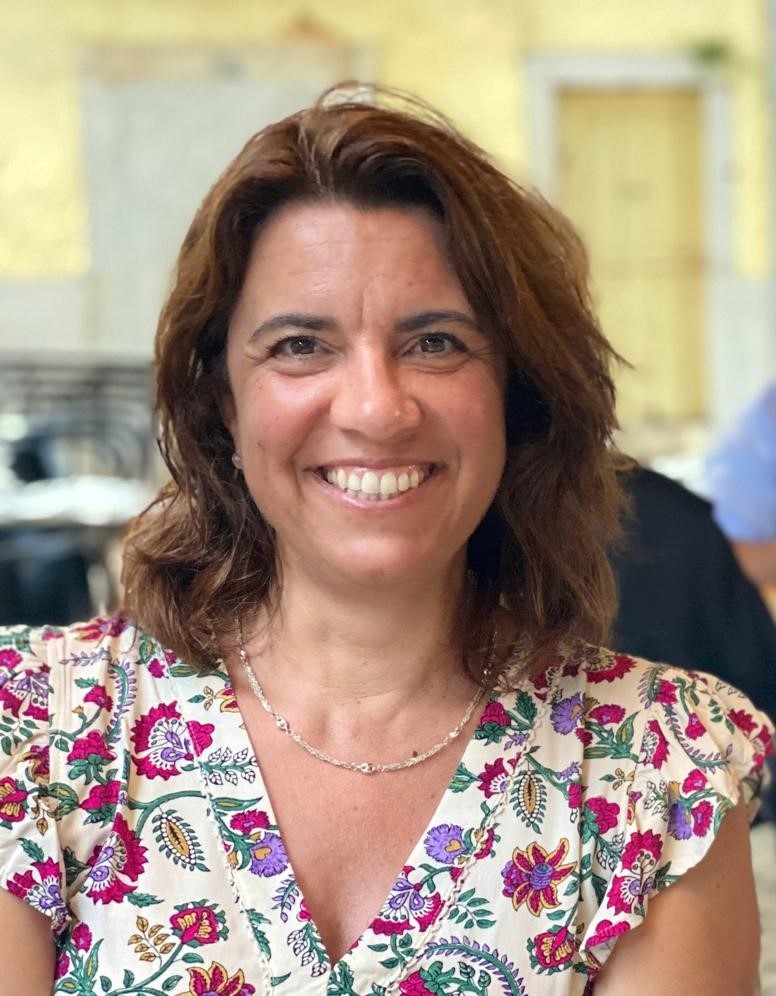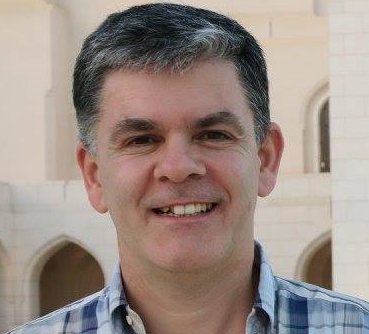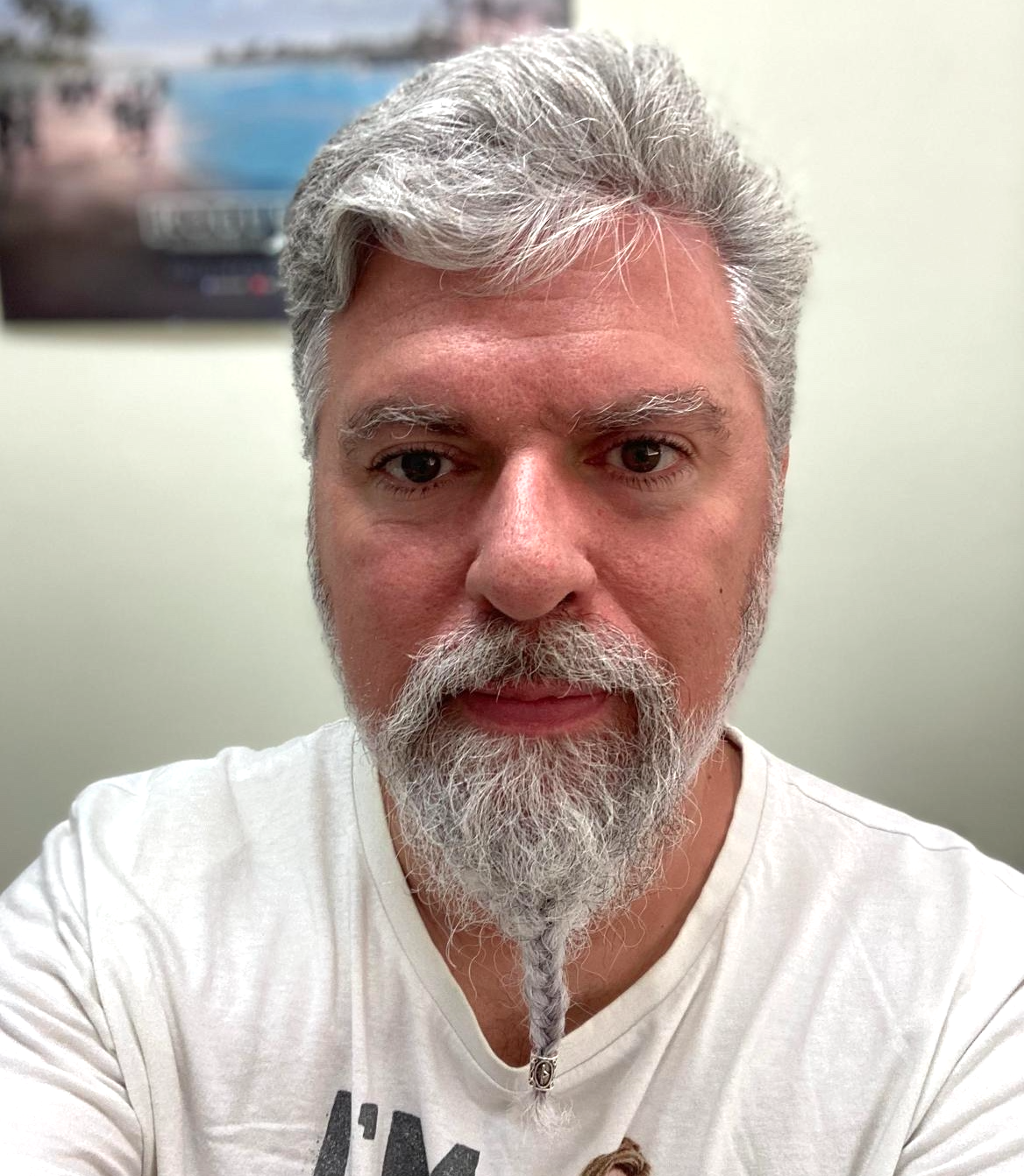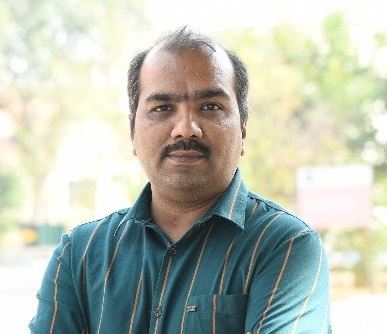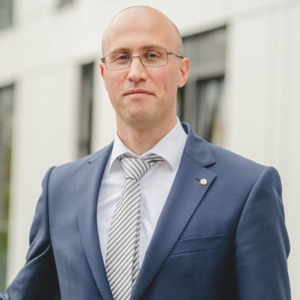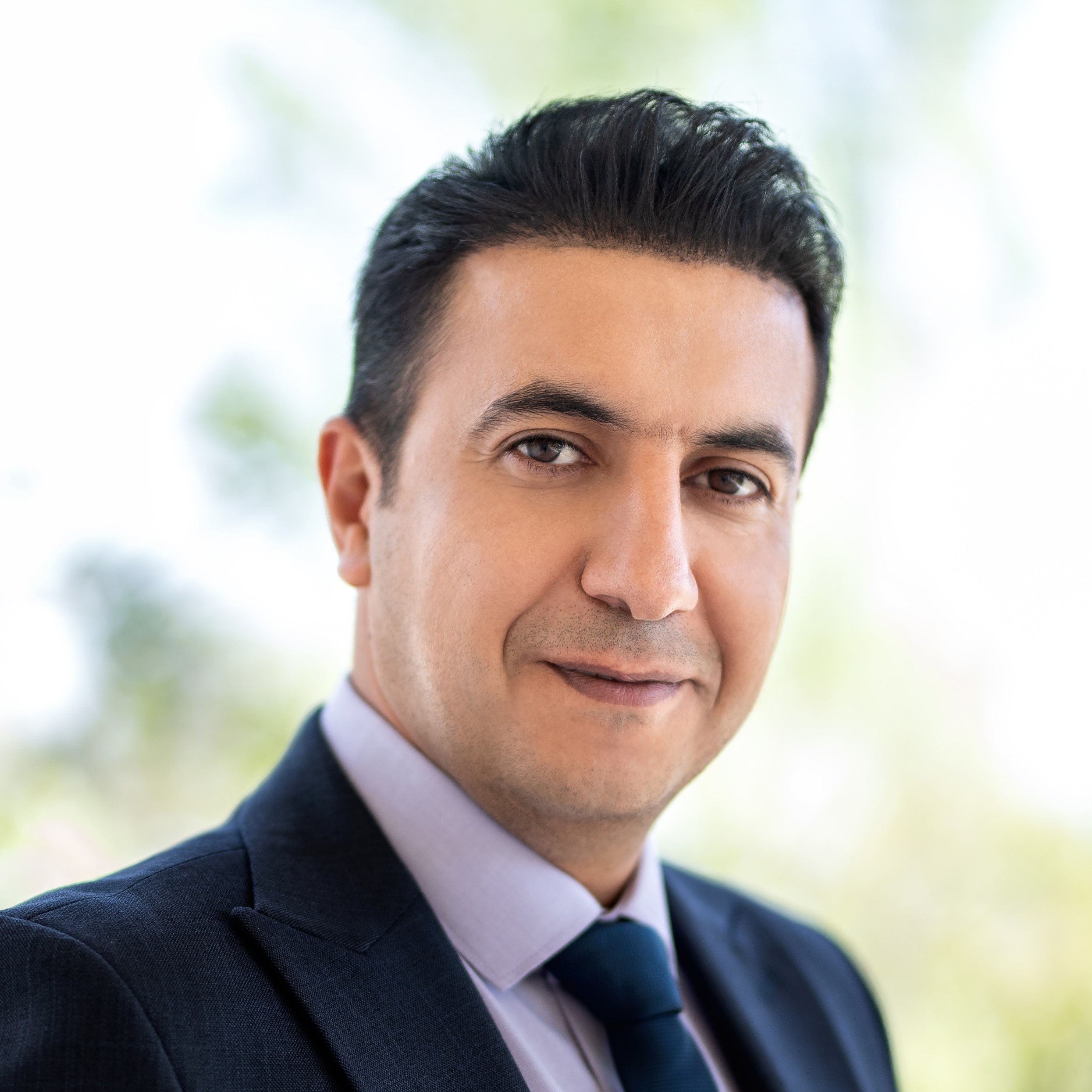Sustainable Nanotechnology Practices in Environmental Applications
Prof. S.K. Nataraj is currently working as Professor at Centre for Nano and Material Sciences (CNMS), Jain University, Bangalore, India and Brain Pool Visiting Professor at Chonnam National University South Korea on Brain Pool Outstanding Overseas Scientist Fellowship. He obtained his PhD on ‘Membrane Based Separation Processes for Industrial Effluent Treatment’ in 2008 from Centre of Excellence in Polymer Science (CEPS), Karnatak University, Dharwad, India. Immediately after completion of PhD, he moved to Alan G MacDiarmid Energy Research Institute (AMERI), Chonnam National University, South Korea to pursue Postdoctoral Associate assignment (2007-2009) to work on Energy Materials. During 2009-10, he accepted a second assignment as Postdoctoral Associate at Institute of Atomic Molecular Sciences (IAMS), Academia Sinica, Taiwan to develop ion-exchange membranes for Fuel Cell applications. Further, he worked as Qatar University visiting fellow at Cambridge University (2010-11) and continued as full time Postdoctoral Research Associate (2011-2013) at Cavendish Laboratory, University Cambridge, UK. Later, he moved to India to work as DST-INSPIRE Faculty Fellow (2013-2015) at CSIR-CSMCRI, Bhavnagar where his main areas of research were to develop Sustainable Materials and Processes for Energy and Environmental applications including Supercapacitors, Fuel Cells, Membrane processes for wastewater treatment, Functional Nanomaterial-based devices for wastewater treatment and the value addition of bioresources. Based on his achievements, he has been awarded as best researcher from Jain University for the year 2017 and has been admitted to prestigious as Fellow of Royal Society of Chemistry (FRSC), London, UK. SKN Serves as Associate Editor of AQUA - Water infrastructure, Ecosystems and Society (IF=4.3) and Editorial Board member of General Chemistry, Frontiers in Membrane Science and Technology, Current Indian Sciences and so on.
He teaches courses in Separation and Purification Technologies, Battery-Fuel Cells and Solid-State Materials at postgraduate level. A Quick Summary of Credentials: he has now Published >180 Research Articles, 14 US/PCT Patents, more than 25 Book Chapters, 3-Authored Books and 1 Edited Book to his credit. He has over 6400 Citations and serving as Editorial Board member for several Journals. His socially relevant works have been highlighted several magazines and news articles like Nature Asia, Outlook so on.
Prof. SKN has Appeared as Top 2% Researcher in the list issued by Stanford University.

